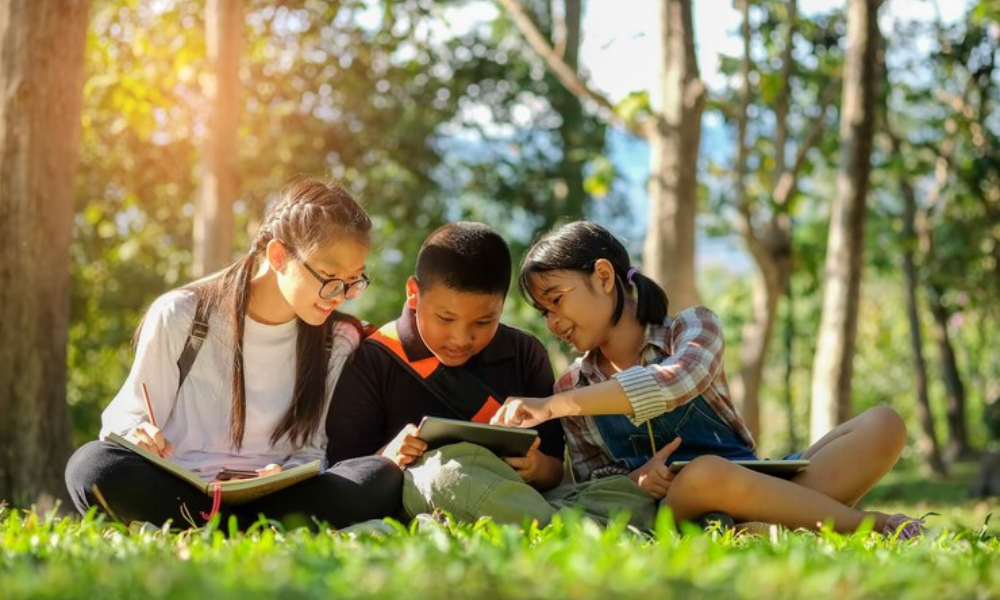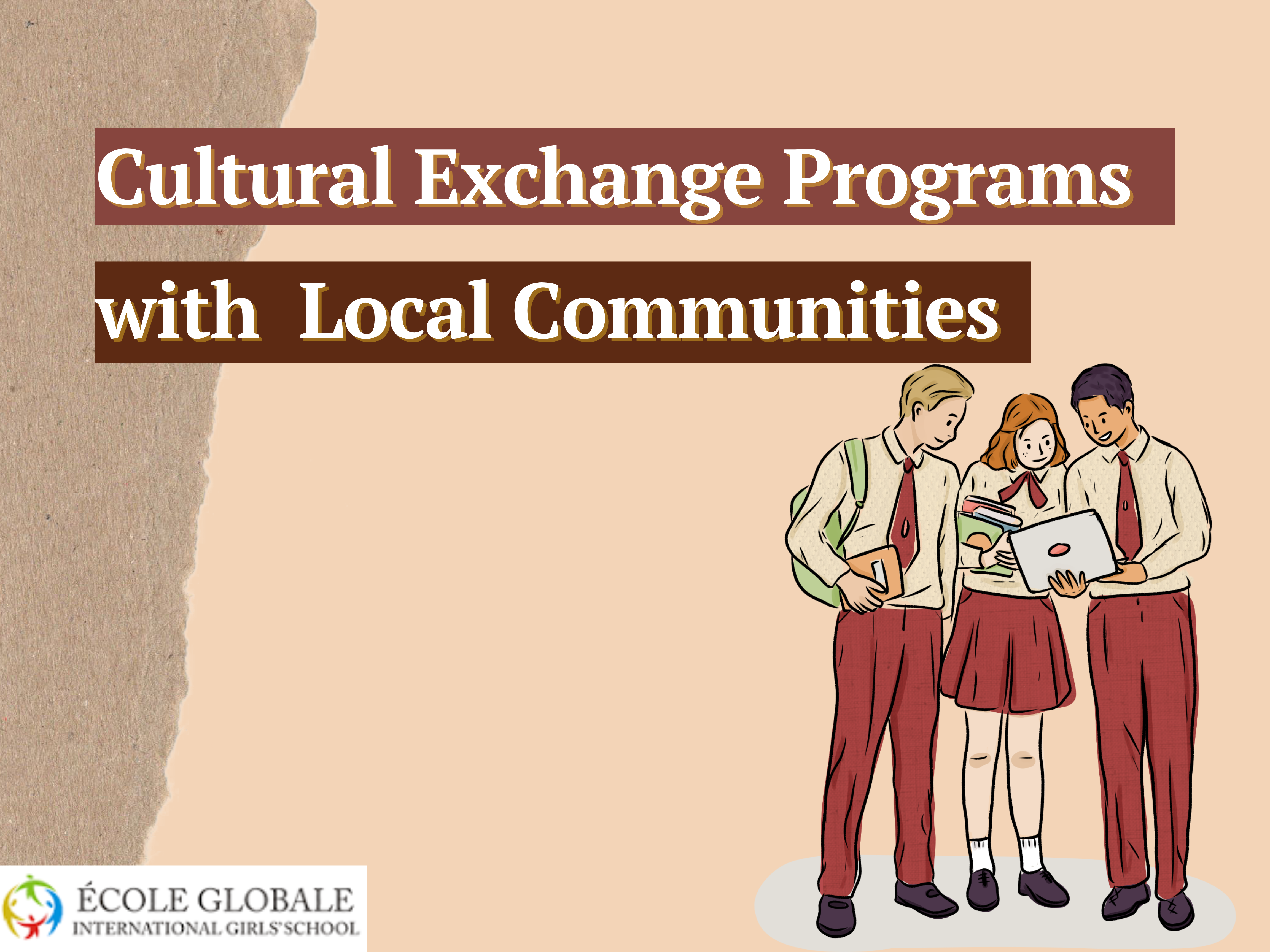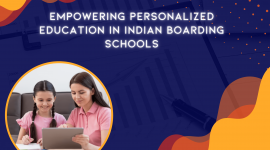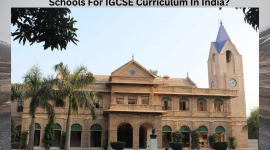Dehradun, the picturesque capital of Uttarakhand, India, is renowned for its scenic beauty and serene environment.
Nestled in the foothills of the Himalayas, Dehradun is not only a paradise for nature lovers but also a significant hub for quality education.
The city is home to numerous prestigious boarding schools that have carved a niche in the educational landscape.
These schools in Dehradun, including the illustrious Ecole Globale, are celebrated for their academic excellence, holistic development programs, and most notably, their innovative cultural exchange programs with local communities.
The Importance of Cultural Exchange Programs

Cultural exchange programs are designed to foster mutual understanding, respect, and appreciation between different cultures. In the context of boarding schools in Dehradun, these programs serve multiple purposes:
- Broaden Horizons: They expose students to diverse cultural practices, traditions, and lifestyles, thereby broadening their perspectives.
- Build Empathy and Respect: By interacting with local communities, students develop empathy and respect for different cultures and socioeconomic backgrounds.
- Enhance Learning: Such programs integrate experiential learning with academic curriculum, making education more engaging and meaningful.
- Promote Social Responsibility: They instill a sense of social responsibility and community service among students.
- Preserve Cultural Heritage: These exchanges help preserve and promote the rich cultural heritage of the local communities in Dehradun.
Structure of Cultural Exchange Programs

The cultural exchange programs in Dehradun’s boarding schools are meticulously structured to ensure maximum engagement and learning. The programs typically include the following components:
1. Community Visits and Homestays
Students visit local communities and sometimes participate in homestays to experience the daily lives of the residents. This immersive experience helps students understand the nuances of local traditions, cuisines, and customs.
Ecole Globale, for instance, organizes regular trips to nearby villages where students can stay with local families, participate in their daily routines, and learn about traditional crafts and practices.
2. Collaborative Projects
Boarding schools in Dehradun often collaborate with local schools and organizations on various projects. These projects can range from environmental conservation efforts to cultural festivals and educational initiatives.
Such collaborations not only benefit the local community but also provide students with hands-on experience in project management and teamwork.
3. Cultural Workshops and Festivals
Workshops and festivals are integral parts of these exchange programs. Schools invite local artisans, musicians, and performers to conduct workshops on traditional arts and crafts, music, dance, and folklore.
Students get the opportunity to learn directly from these experts and showcase their learning through performances and exhibitions.
4. Language Exchange Programs
Language is a vital aspect of any culture. Boarding schools in Dehradun encourage students to learn local languages and dialects through language exchange programs.
These programs involve interaction with local communities, learning sessions with native speakers, and participation in local literary events.
5. Community Service and Social Work
Community service is a cornerstone of cultural exchange programs. Students engage in various social work activities such as teaching, healthcare camps, environmental clean-ups, and infrastructure development projects.
These activities not only contribute to the community’s welfare but also teach students the values of compassion, leadership, and social responsibility.
Impact of Cultural Exchange Programs

The cultural exchange programs in Dehradun’s boarding schools have a profound impact on students and the local communities. Here are some key outcomes:
1. Holistic Development of Students
These programs contribute significantly to the holistic development of students. They enhance emotional intelligence, cultural sensitivity, and social skills.
Students become more adaptable, open-minded, and better equipped to navigate diverse cultural landscapes in their future endeavors.
2. Strengthening Community Bonds
By facilitating interactions and collaborations between students and local communities, these programs strengthen community bonds.
They promote mutual respect and understanding, bridging the gap between different social and cultural groups.
3. Preservation of Cultural Heritage
Cultural exchange programs play a crucial role in preserving and promoting the cultural heritage of local communities.
By engaging with traditional practices and art forms, students help in keeping these traditions alive for future generations.
4. Academic Enrichment
These programs enrich the academic experience by integrating practical, real-world learning with theoretical knowledge.
Students apply classroom concepts in real-life scenarios, enhancing their critical thinking and problem-solving skills.
5. Empowerment of Local Communities
The involvement of boarding schools in community development projects empowers local communities.
These initiatives often bring in resources, expertise, and support that contribute to the community’s overall development and well-being.
Case Study: Ecole Globale International Girls’ School

Ecole Globale International Girls’ School is a prime example of how boarding schools in Dehradun are leveraging cultural exchange programs to provide a holistic educational experience.
The school has implemented several successful initiatives that have made a positive impact on both students and the local community.
Community Integration Program
Ecole Globale’s Community Integration Program involves regular visits to nearby villages where students engage in various activities with the residents.
They participate in agricultural activities, learn about traditional farming techniques, and assist in community development projects. This program not only enhances students’ understanding of rural life but also fosters a sense of responsibility towards community welfare.
Traditional Arts and Crafts Workshops
The school regularly organizes workshops on traditional arts and crafts in collaboration with local artisans. These workshops include pottery, weaving, painting, and folk music and dance.
Students not only learn these art forms but also understand their cultural significance and the need for their preservation.
Language and Literature Exchange
Ecole Globale has a robust language and literature exchange program that encourages students to learn Garhwali and other local languages.
The program includes storytelling sessions, poetry recitals, and interactions with local authors and poets. This initiative helps students appreciate the rich linguistic heritage of the region.
Environmental Conservation Projects
As part of their commitment to environmental sustainability, Ecole Globale students actively participate in conservation projects.
These projects include tree plantation drives, clean-up campaigns, and awareness programs on waste management and water conservation.
The school collaborates with local environmental organizations and communities to ensure the success of these initiatives.
Health and Wellness Camps
Ecole Globale organizes health and wellness camps in collaboration with local healthcare providers.
These camps provide essential medical services to the community, such as health check-ups, vaccinations, and awareness sessions on hygiene and nutrition.
Students play a crucial role in organizing these camps and interacting with the beneficiaries.
Challenges and Future Directions

While cultural exchange programs in Dehradun’s boarding schools have been largely successful, they do face certain challenges.
These include logistical issues, language barriers, and sometimes resistance from local communities due to cultural differences.
However, schools like Ecole Globale are continuously working to address these challenges through better planning, community engagement, and sensitization programs.
Looking ahead, there is immense potential to expand and enhance these programs. Future directions could include:
- Digital Exchange Programs: Leveraging technology to facilitate virtual cultural exchanges, especially in the wake of global events like the COVID-19 pandemic.
- International Collaborations: Partnering with schools and organizations from other countries to broaden the scope of cultural exchange programs.
- Research and Documentation: Encouraging students to undertake research projects on local cultures and traditions and documenting their findings for educational and preservation purposes.
- Sustainability Initiatives: Integrating sustainability into cultural exchange programs to address global challenges such as climate change and resource depletion.
Conclusion
Cultural exchange programs in Dehradun’s boarding schools are more than just educational initiatives; they are bridges that connect students with the rich cultural tapestry of their surroundings.
Schools like Ecole Globale are leading the way in demonstrating how these programs can enrich the educational experience, foster community bonds, and contribute to the preservation of cultural heritage.
As these programs continue to evolve and expand, they hold the promise of creating a more culturally aware, empathetic, and socially responsible generation.
In the vibrant educational ecosystem of Dehradun, cultural exchange programs stand out as a beacon of holistic development and community engagement.









